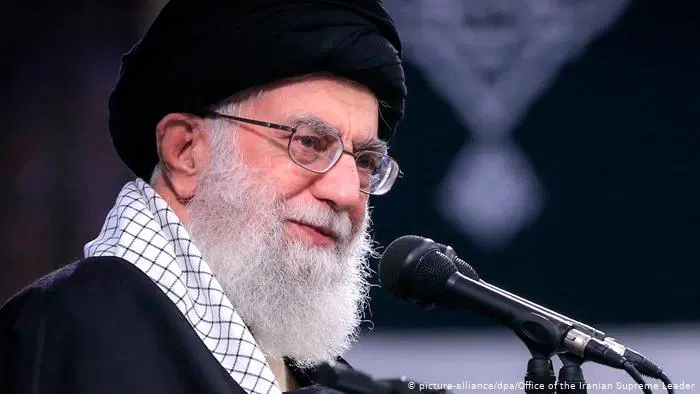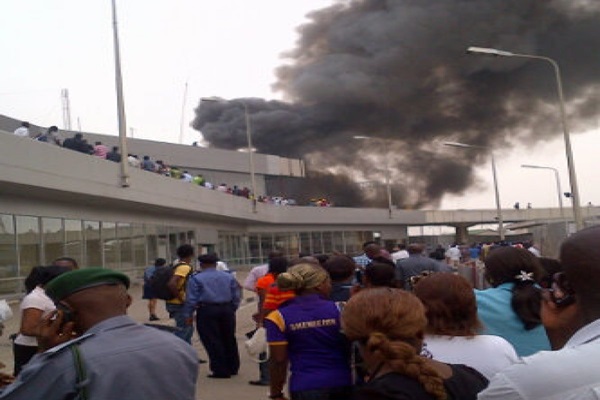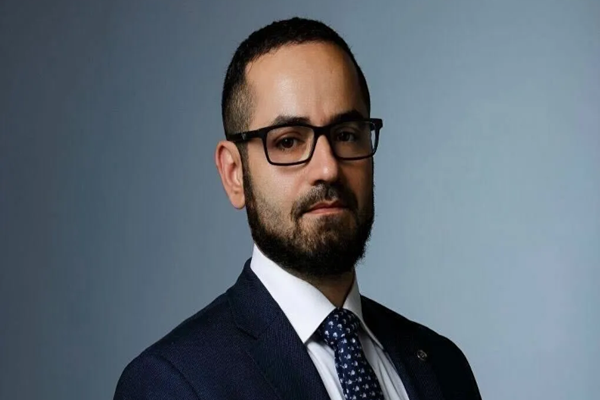The Iran-Israel conflict entered a dangerous new phase on Tuesday as Iran’s Supreme Leader, Ayatollah Ali Khamenei, delivered a fiery national address vowing “never to surrender” amid increasing Israeli bombardment and rising civilian casualties on both sides.
In a speech broadcast nationwide, Khamenei issued a stern warning to the United States, declaring that any direct military intervention would result in “irreparable damage.” The threat came as Israel claimed to have bombed Iran’s internal security headquarters and other high-value targets in and around Tehran.
“America should know that any military intervention will undoubtedly result in irreparable damage,” Khamenei warned, rejecting former U.S. President Donald Trump’s alleged calls for unconditional surrender.
Heavy Bombardments, Hypersonic Missiles, and Fuel Shortages
The conflict, which began six days ago with Israel’s surprise bombing campaign, has seen a sharp rise in military intensity. Iran’s Revolutionary Guards confirmed it had launched Fattah-1 hypersonic missiles toward Tel Aviv, prompting Israeli Iron Dome defenses to intercept incoming threats.
Meanwhile, Israel’s Defence Minister, Yoav Gallant, said Israeli jets successfully destroyed Iran’s internal security headquarters in Tehran. Additional airstrikes have targeted Iran’s nuclear infrastructure, including facilities manufacturing centrifuge components near Karaj, according to the International Atomic Energy Agency.
Iranian citizens are grappling with a worsening humanitarian situation. Fuel, rice, bread, and tea have become scarce, with long queues forming at petrol stations and rising panic evident on the streets.
Amnesty International Pleads for Civilian Protection
Global concern is mounting as Amnesty International urged both Iran and Israel to spare civilians from the escalating military exchange.
“Further escalation of these hostilities risks unleashing devastating and far-reaching consequences for civilians,” said Amnesty’s Secretary General, Agnes Callamard, criticizing both Western nations and G7 leaders for failing to intervene diplomatically.
Evacuations and Airspace Closures as Conflict Spreads
With Israel and Iran turning into active warzones, dozens of countries have begun evacuating their citizens:
-
China has moved nearly 800 nationals, relocating many from Tehran to Turkmenistan by road.
-
India confirmed it had moved students out of Tehran, with some escaping through the Armenian border.
-
Pakistan is facilitating return for citizens via Taftan and Gabd-Rimdan border crossings.
-
European nations, including Germany, Bulgaria, and the UK, are assisting citizens via Jordan and Egypt, with Israel’s government also evacuating stranded nationals.
In the U.S., Ambassador Mike Huckabee announced that evacuation flights and cruise ship departures are being arranged, with Americans urged to register on the Smart Traveler Enrollment Program (STEP).
Khamenei, UN Remarks and US Tensions
Iran’s UN Mission posted a defiant statement on X (formerly Twitter), slamming Trump’s rhetoric and reiterating Iran’s refusal to negotiate “under duress.”
“Iran shall respond to any threat with a counter-threat, and to any action with reciprocal measures,” the statement read.
The US maintains it has not participated in the conflict, but Iran's UN Ambassador Ali Bahreini accused Washington of complicity, hinting at retaliation should U.S. involvement become more direct.
Israel Reopens Economy Amid Ongoing Conflict
Despite the war, Israel announced it would begin easing domestic restrictions. Defence Minister Katz framed the move as a signal of resilience, stating:
“They come to harm and shut us down, while we are launching offensive actions and defending our people — we’re also reopening our economy.”
However, schools, beaches, and large gatherings remain suspended, and businesses can only operate if they provide accessible shelters for staff.
Casualty Figures Mounting
-
Israel: At least 24 dead, hundreds injured, according to Prime Minister Netanyahu’s office.
-
Iran: At least 42 fatalities, including military commanders, nuclear scientists, and civilians, reported by Iranian authorities.
Conclusion: A Region on the Brink
As nuclear tensions, humanitarian crises, and geopolitical uncertainty escalate, the world watches anxiously. With both sides unwilling to back down and diplomacy on life support, the conflict threatens to draw in regional and global powers — potentially plunging the Middle East into a wider war.
For now, calls for restraint remain largely unanswered. The international community must act swiftly — not merely to condemn or side with one nation — but to protect civilians, restore dialogue, and avert a larger catastrophe.




